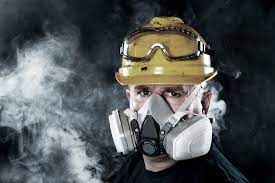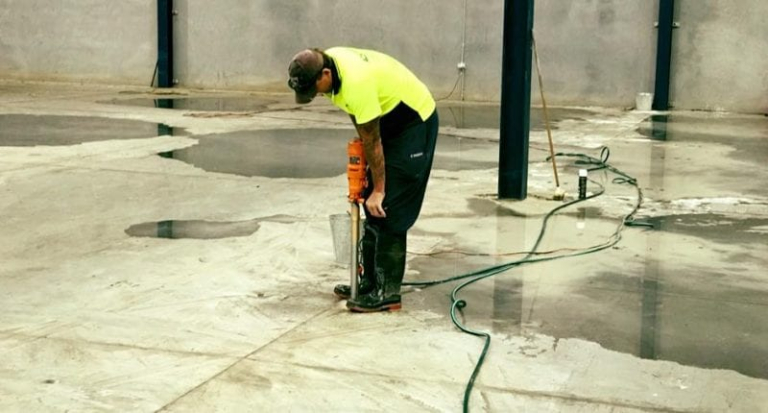The Legal Obligations of Commercial Building Owners in Repairs and Maintenance
Whether it’s a high-rise office building, a multi-unit apartment complex, or a small business establishment, commercial buildings are great investments that require regular maintenance and repair to maintain their value and functionality. Maintaining a commercial building can be costly but failing to maintain and repair the building can lead to even costlier consequences such as accidents, injuries, lawsuits, and property damage. This article will discuss the legal obligations of commercial building owners in repairs and maintenance, the risks of non-compliance, and the best practices to follow for compliance with those obligations.
What are the Legal Obligations of Commercial Building Owners?
Commercial buildings are subject to various laws and regulations that require owners to take measures to ensure safety and uphold building standards. The primary legal obligations of commercial building owners are:
Adequate Insurance
The first and foremost legal obligation of commercial building owners is to have adequate insurance coverage. Adequate insurance coverage is necessary to protect against potential risks and damages, including but not limited to accidents, natural disasters, and property damage. The types of insurance coverage required include liability insurance, property insurance, and workers’ compensation insurance. Commercial building owners must provide proof of insurance coverage to their tenants, and tenants should be informed about the insurance coverage in their lease agreement.
Compliance with Building and Safety Codes
Compliance with building and safety codes is crucial for maintaining the safety of the occupants of a commercial building. Building owners are obligated to follow building and safety codes, including fire safety codes, electrical codes, and accessibility codes. Non-compliance with these codes can lead to serious consequences including fines, penalties, lawsuits, and closure of the building.
Regular Inspections and Maintenance
Regular inspections and maintenance are important obligations for commercial building owners. Building owners must schedule regular inspections and maintenance to ensure that their buildings are safe, habitable, and up to code. Inspections should be carried out by certified professionals who follow the established protocol. Regular maintenance not only helps prevent costly repairs but also improves the value and longevity of the property.
Emergency Repairs and Evacuation Plans
The obligation to maintain adequate evacuation plans and perform emergency repairs is another legal requirement of commercial building owners. Emergency repairs are necessary to prevent potential hazards, such as electrical failures, gas leaks, water damage, and mold. Implementing and maintaining evacuation plans can help protect occupants in the event of an emergency and prevent liability from injuries or death.
Risks of Non-Compliance with Legal Obligations
Failure to comply with the legal obligations of commercial building owners can lead to significant risks and liabilities. The potential legal liabilities include having to pay heavy fines, penalties or face litigation. Failure to comply with building and safety codes can lead to severe accidents, injuries, or even loss of lives, making the commercial building owner liable. A failure to carry-out emergency repairs can also expose the owner of the building to significant repair costs, lawsuit, and injury claims.,
To read more about this topic, check out previous blog post at The Importance of Proper Ventilation in Commercial Building Repairs
For more general information on building then please visit: https://www.building.vic.gov.au/
Commercial building owners have a legal obligation to maintain their properties’ safety, standard and habitable. Obligations include adequate insurance coverage, regular maintenance and inspections, compliance with building and safety codes and providing for emergency repairs and evacuation plans when necessary. Compliance to these obligations is a requirement by law and as well shows a care for the safety and well-being of their occupants.







